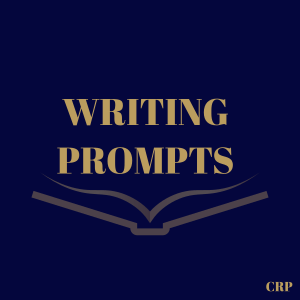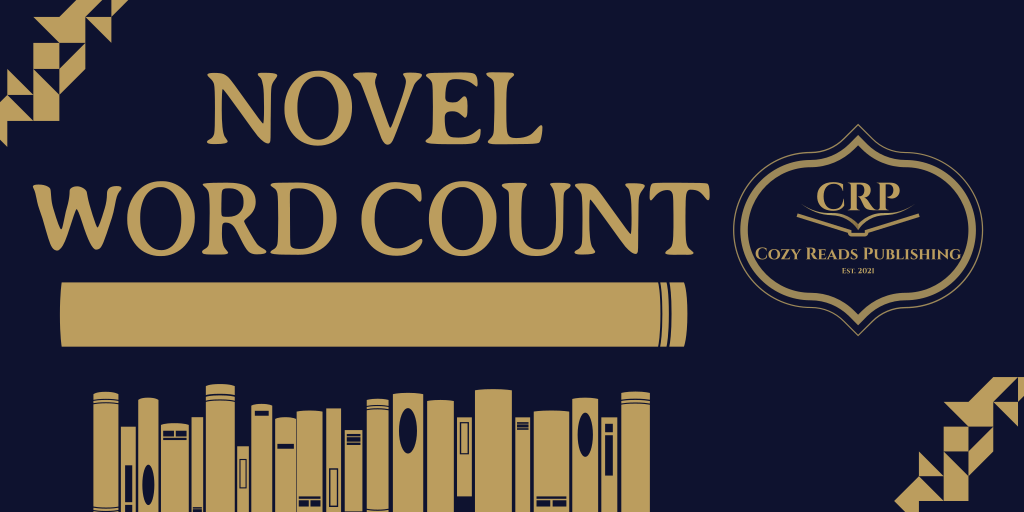Pace Control and Expanding your Script
Every author wants to keep their readers interested as the plot progresses. One way to do that is through pacing. But, unfortunately, finding the perfect blend isn’t always easy. Too slow of a pace will bore them while unrelenting action can exhaust them.
Below are a few ways to slow the pace, along with ways to increase it.
Ways to slow your pace and expand your script:
Expand and Restructure your Sentences
01
No, that doesn’t mean adding a string of unnecessary words. You want to be sure you’re expanding or restructuring without adding fluff.
First, consider using more conjunctions. Coordinating conjunctions like for, and, nor, but, or, yet, and so typically connect clauses of equal importance.
You can also use subordinating conjunctions. Some examples are – because, although, once, as soon as, while, when, whenever, where, wherever, before, and after. These can be used to connect an independent clause to a dependent clause.
Example:
As soon as the alarm went off, I ran.
Finally, there are correlative conjunctions. As the name suggests correlative conjunctions work in pairs such as both/and, Rather/than, either/or, neither/nor, not/but, and not only/but also to name a few.
Example:
Neither Helen nor Patricia knew of the book that was mentioned.
Outside of conjunctions, you might consider using transitional phrases. Not only will they help to slow the pace of your scene but they will also improve your flow.
Add Descriptions
02
Stop for a moment and imagine yourself in your character’s shoes. Bring the scene to life for your reader by fine-tuning some details. This paragraph from The Blond Guitar by Jeremy Burden doesn’t just paint a clear image of the guitar but its value to the author.
‘My most valuable possession is an old, slightly warped blond guitar–the first instrument I taught myself how to play. It’s nothing fancy, just a Madeira folk guitar, all scuffed and scratched and finger-printed. At the top is a bramble of copper-wound strings, each one hooked through the eye of a silver tuning key. The strings are stretched down a long, slim neck, its frets tarnished, the wood worn by years of fingers pressing chords and picking notes. The body of the Madeira is shaped like an enormous yellow pear, one that was slightly damaged in shipping. The blond wood has been chipped and gouged to gray, particularly where the pick guard fell off years ago. No, it’s not a beautiful instrument, but it still lets me make music, and for that I will always treasure it.’
Include Character Backstories
03
*Expands your script
Everyone has a history, including your character. When creating a backstory for your character, the objective is to bring them to life, ultimately making them more believable. You’ll want to consider all the positive and negative experiences that have shaped them. What events might have affected your character physically? Is there a specific person that has impacted them emotionally? What situations in their past have led them to where they are today?
Once you have created a strong backstory for your character, you want to be sure that you deliver it correctly. The last thing you want to do is splash it out there as an info dump. Instead, try to integrate the information into your story subtly. One method is through a secondary source such as a journal or diary. Another is to introduce it through a dream or a flashback.
Ways to Increase the Pace of your Scenes:
Clean up and Shorten your Sentences
01
As mentioned above, longer sentences can slow things down, making room for description. So it only makes sense that condensing your sentences or shortening them will increase the pace.
Shorter sentences quicken the pace of a scene by getting directly to the point. Though you’ll want to be careful not to overdo it, or you could end up with a less fluid choppy scene.
These words and phrases can often be eliminated:
- basically
- for all intents and purposes
- type of
- really
- kind of
- sort of
- definitely
- actually
- generally
- individual
- specific
- particular
Look for redundant word pairs that can be clarified.
Example:
end result – Result implies an ending, therefore using the phrase ‘end result’ is redundant.
Include or Increase Action Scenes
02
There’s nothing like a good chase or fight to briefly speed up the pace of your story. These scenes tend to evoke a sense of urgency or even danger making for an exciting addition to just about any story.
If you have a look at this fight scene you’ll notice the short sentences mixed with abrupt dialogue.
Colonel Derek Grange and Sergeant Raymond Young square off. Putting his arms out, Derek squats, curling his fingers toward his chest. “Let’s see.”
The Sergeant bounces back and forth, throwing a couple of test punches.
“Oh, that’s clever,” Derek winks.
Raymond’s face reddens with embarrassment. “Come on, Sir. Come at me.”
Derek stares him down. “Patient, Sergeant.”
Raymond throws a short punch but pulls it back, deciding on a spinning back kick. His foot connects hard with Derek’s midsection. Folding over, he grunts but recovers quickly into his fighting position.
Raymond bounces around him. He throws another punch and attempts another kick. Derek knocks his hand and foot aside. The boy does have good form. I’ll give him that.
When there’s still no attack, Raymond grows impatient. He moves in hard toward Derek. Just what Derek’s been waiting for. He sidesteps with surprising speed, blocks Raymond’s attack and counters with a brutal ridge hand clothesline.
Raymond hits the dirt, struggling for breath.
“That’s the way it’s done, boys.” He motions to the young Sergeant and smirks. “Someone help the lad up, will ya.”
Use more Dialogue
03
*This option can both expand your script while increasing the pace
You can create captivating dialogue by having your characters confront each other. These confrontations can help their personalities unfold naturally, leading to more believable characters.
You can also disclose bits of your character’s backstory through dialogue. This will help to avoid interrupting the flow of your story with long-winded descriptions.
Below is a short excerpt from Contracted to Mr. Collins: The Unusual Proposal by SJ. Turner. This short scene lends some insight into the personality differences between the two brothers.
“There’s coffee in the pot, gorgeous.”
Aiden rests his hand on Rebecca’s shoulder. “Sit. I’ll bring the coffee over.” His eyes cut to Max. “Don’t you have somewhere else to be?”
“Nope. I solidified the office set up in Seattle. It was simple as sh!t.” He slaps his hands together with a grin. “You can check with Natasha. That’s why I thought I’d come for breakfast and see why you needed a month off.” His deep blue eyes scan Rebecca as he smirks. “Now that I understand the need for a holiday, where’s my breakfast, bro? I’m starving.”
Ignoring Max, Aiden sets the coffee on the table. “What would you like for breakfast, Rebecca? I can make you bacon and eggs, or how about some pancakes.”
Max chuckles and leans across the table. “Hey, Becca. Since you have all the pull with that pussy of yours, can you pick bacon and eggs, please?”
A spoon flies past Max’s head. “Shut the f@ck up, Max! Your 29 years old, not 19 anymore. Have some god damn respect or leave.”





